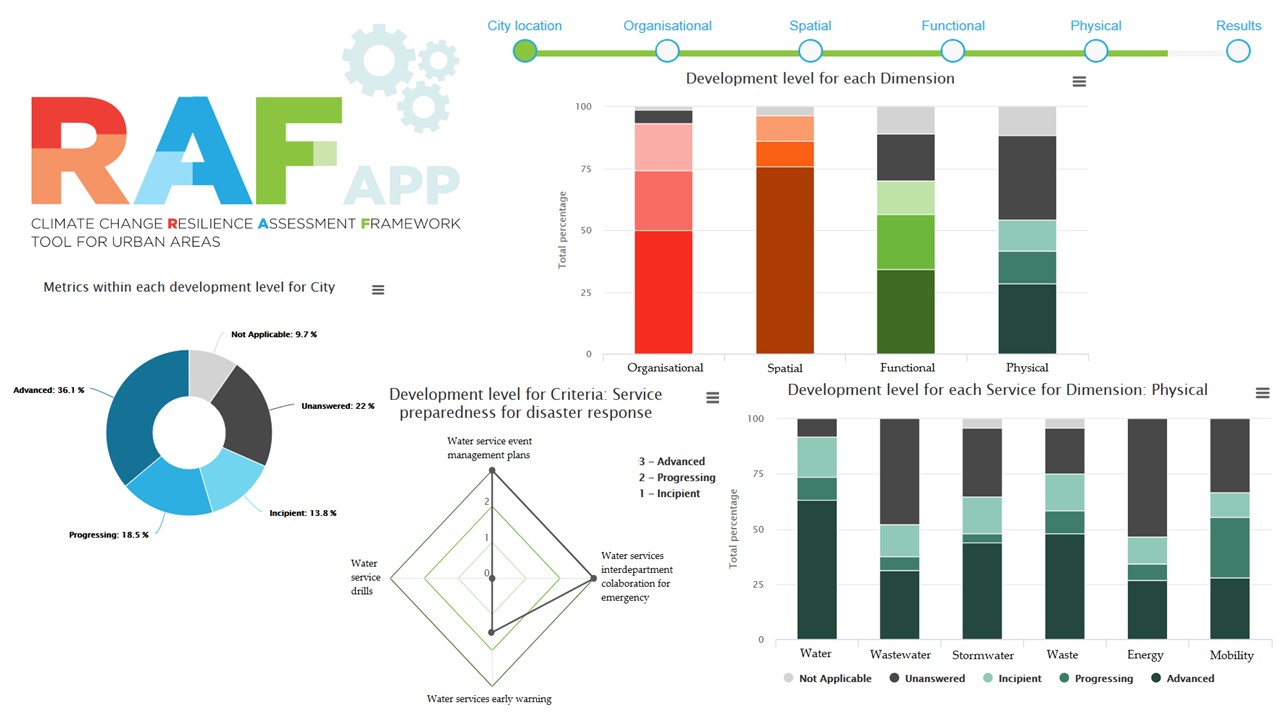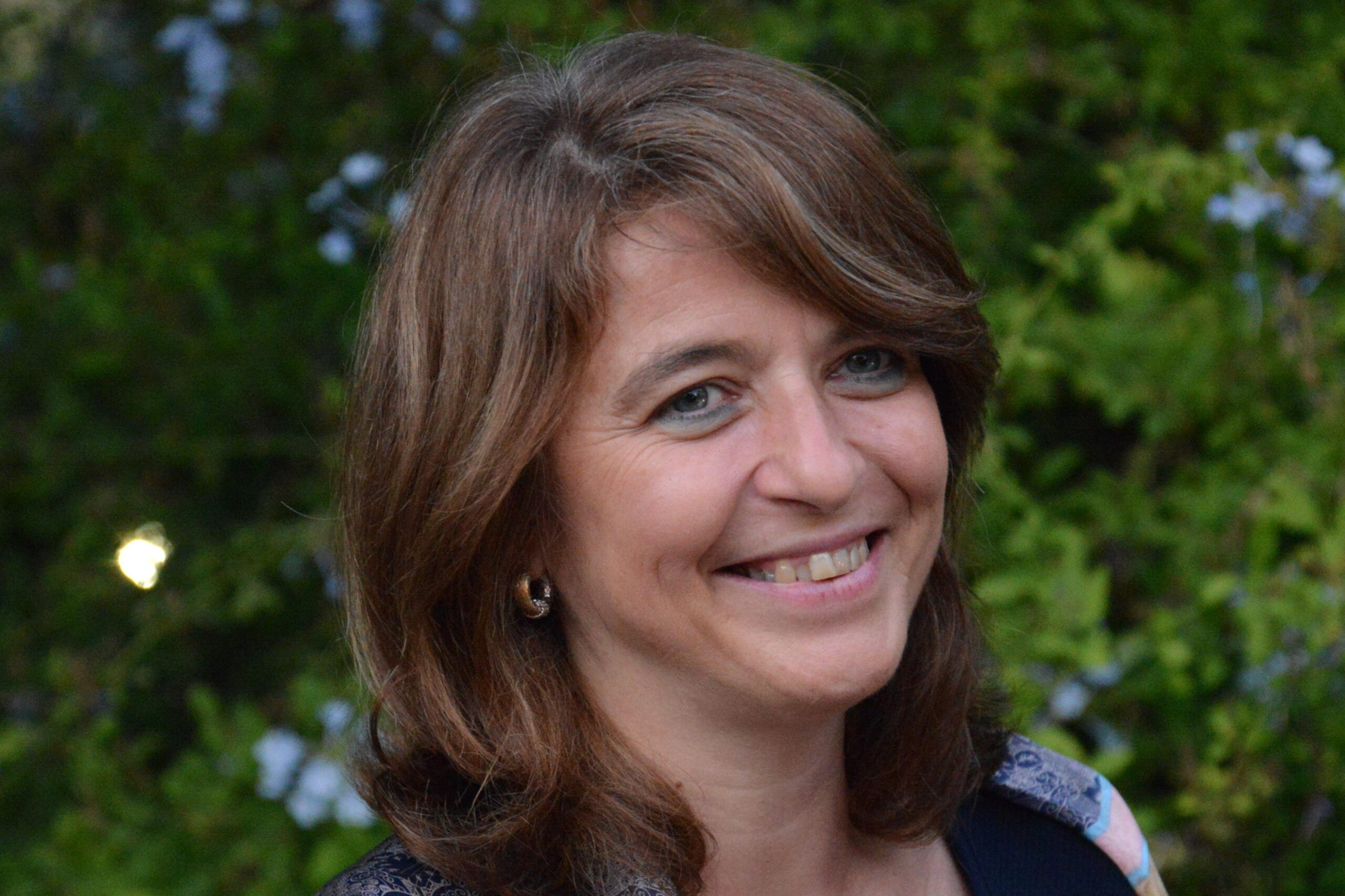
The Resilience Assessment Framework (RAF) was developed under the H2020 RESCCUE project (Resilience to Cope with Climate Change in Urban Areas) to assess and monitor urban resilience to climate change, particularly water-related. Designed as an open-source diagnostic tool, RAF supports systematic resilience evaluation at multiple scales - from the city-wide level down to individual services; objective-driven analysis to track compliance with resilience goals; clear identification of vulnerabilities and development priorities; and monitoring of progress in implementing climate resilience strategies. Its mission is to empower cities with a practical methodology for resilience diagnostics, planning, and stakeholder communication, integrating resilience into daily governance and project delivery.
In Lisbon, RAF is being implemented to assess and monitor climate resilience at both the municipal level and facility level, where NbS interventions are being piloted. Key contributions include improving understanding of the current resilience status; evaluating the resilience impact of identified measures; supporting the assessment of progress over time; informing how pilot actions contribute to citywide scaling efforts; and strengthening stakeholder communication and shared diagnostics.
Dr. Maria Adriana Cardoso
macardoso@lnec.pt




